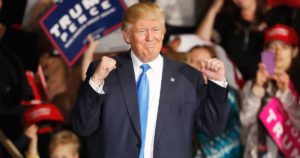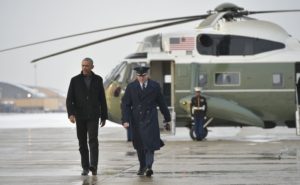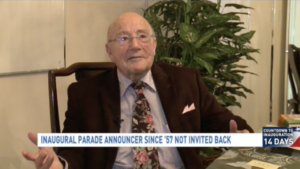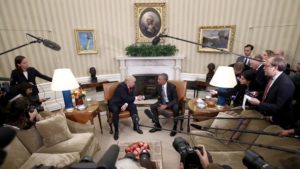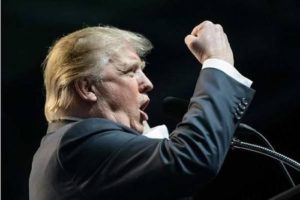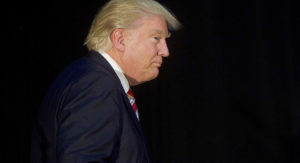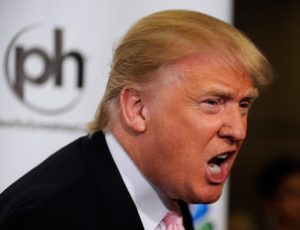Please excuse this latest retirement blog so soon after the previous one, but I want to offer tribute to one of the greatest Americans … ever!
Dwight David Eisenhower served his country in two profound capacities: as a senior military officer and strategist who commanded all Allied forces in Europe during World War II; and as 34th president of the United States.
My wife and I are embarking on one of what we expect to be several lengthy trips along the interstate highway system, which happened to be Ike’s crowning achievement — in my view — as president.
We intend over time to haul our fifth wheel RV along back-country roads as well. There’s plenty to see in this great country of ours — as well as the rest of North America — that doesn’t straddle the interstate highway system.
We’ve relied almost exclusively on interstate highways to get us from point to point in our post-retirement adventures.
Ike’s vision for speeding up ground travel across the United States makes it easier for folks such as my wife and me to enjoy this newfound pursuit of ours: RV travel.
The president relied on an experience he had as a young Army officer. In 1919, he took part in a convoy that crossed the country along what was known as the Lincoln Highway. It took him weeks to make the trip.
Thirty-four years later, he took the oath as president and embarked on another journey of a political kind to persuade Congress enact the Interstate Highway Act. Construction began in 1956, with states competing for attention over which of them had the first “interstate highway.”
Whatever the case, what we have now is a remarkable network of highways. Some of the are turnpikes that require motorists to pay tolls to pass along them; we plunked down $5 at two toll booths in West Virginia, but didn’t begrudge the state one bit, as the highway is magnificent.
President Eisenhower was a visionary man, although he might not have been called one at the time he led the nation.
His legacy is laid out in every single state of this great nation.
Yep, make no mistake: I like Ike.


